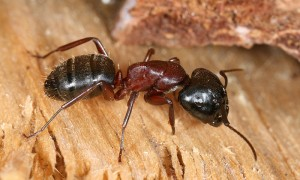
Description:
Ants can be red, brown or black. Occasionally, they're combination of two colors. They vary in size dependent on species. All ants have three body parts, a pair of elbowed antennae, six legs and a pinched waist. Often termites are mistaken as ants especially during swarming season (when they grow wings and fly to start a new colony). A winged termite is approximately 3/16" long and has straight, beaded antennae, no waist (like a cigar) and all four wings are the same length. Winged ants have four wings but the top wings are longer than the wings underneath.
Habitat:
Most ants build their nests in the soil outdoors. Each species may have a favorite food or foods that they eat at different times of the year. Carbohydrates and proteins are important earlier in the development of new ant colonies or when a colony has suffered a big loss and they are trying to rebuild their numbers. Closer to the winter they may be more interested in lipids (fats) to help them get through the colder weather when they don't forage as often. Ants are omnivorous, meaning they will eat a variety of things, both plant or animal. They use a chemical scent called a pheromone that helps them follow each other to find food. It's like the Hansel and Gretel breadcrumbs except they don't fade away. Some folks will comment that the ants come back in the same places each year. That's because their scent hasn't been removed and a new ant "finds" it and brings his nest mates to check it out.
Life Cycle:
Ants go through complete metamorphosis: egg, larva, pupa and adulthood. The first three stages are usually within the protected confines of the colony. Occasionally if you lift a rock or log you'll see ants carrying their white eggs to safety. The worker or soldier ants have a shorter life cycle of about one year. The queen or queens however, are well protected and may live 15 years or more. Many ant species have multiple queen colonies which increases productivity and makes for huge colonies in terms of numbers of ants. This makes control of certain ant species a little tougher because there is a new queen/king ready to step in immediately when the primary dies. Certain times of the year it's time for the immature king and queen ants to get a chance at starting their own colony. A spring or summer day that’s a little overcast with high humidity or recent rain signals to the ants the conditions are right for a “swarm“. This is when the immature reproductives grow wings and fly away from the main nest. Hundreds, sometimes thousands come from many different colonies, find a partner, mate in flight and land in the soil digging down just deep enough to be protected. A very small percentage survive. Since kings and queens need the workers to feed them, they survive on the protein generated by the dissolving muscles that attached to their now discarded wings. If they groom a brood quick enough to feed them they have a good chance of survival.
Safety Tips:
Most ants will bite if trying to protect themselves and some ants have stingers. If you have ants inside, it's best to vacuum them up to avoid being bitten. Once in the vacuum bag the dust will suffocate them.
Prevention:
Keep food crumbs or spilled beverages wiped up. Caulk any openings that lead inside particularly around sinks and baseboards in kitchens and bathrooms. Avoid using sprays. It will only take care of the ants that are present and many more are waiting to follow. Clean the areas with an ammonia or vinegar product to mask the pheromone trail. Finely grate lemon peels (like sawdust) and place directly where it appears they are entering. The acid and oils are useful in controlling ants and is a safe natural approach. If pet food is left out, set in a larger bowl with a little water in the second bowl. This creates a moat the ants won’t cross to get in the dish.
And lastly, if you have an ant problem that just "won't go away", call Premier (480) 816-9388
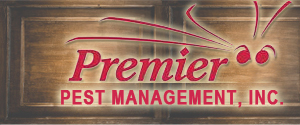









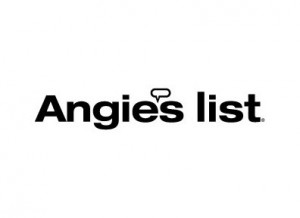
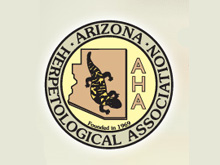


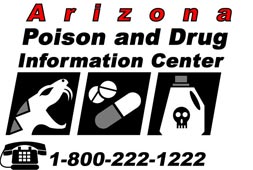
 Our technicians have up-to-date knowledge of techniques available for use in treating your home and business and will create customized treatment and maintenance programs for each customer!
Our technicians have up-to-date knowledge of techniques available for use in treating your home and business and will create customized treatment and maintenance programs for each customer!